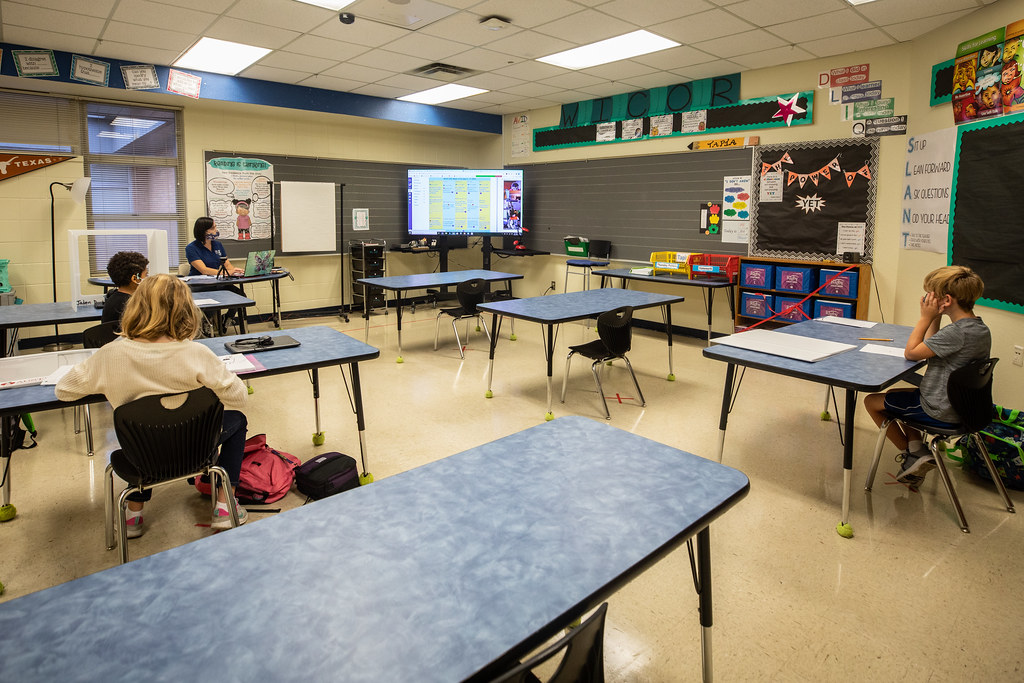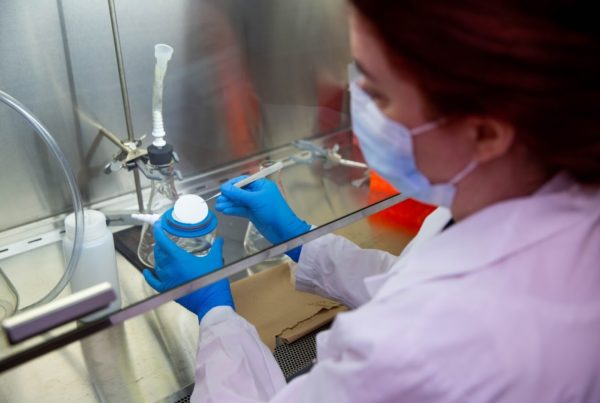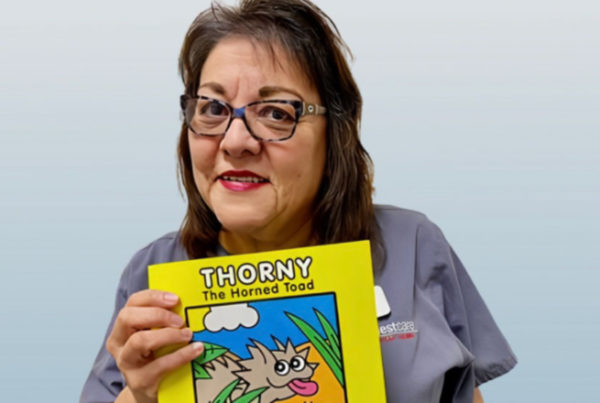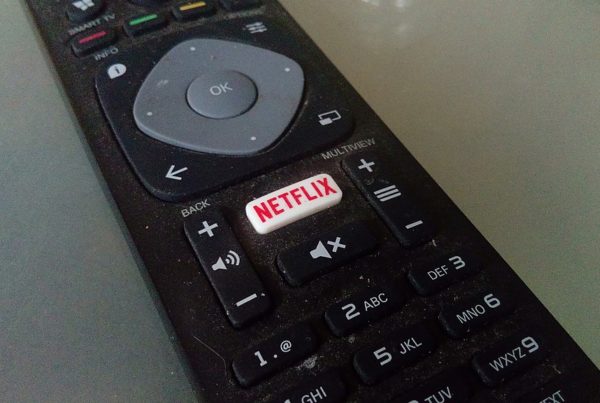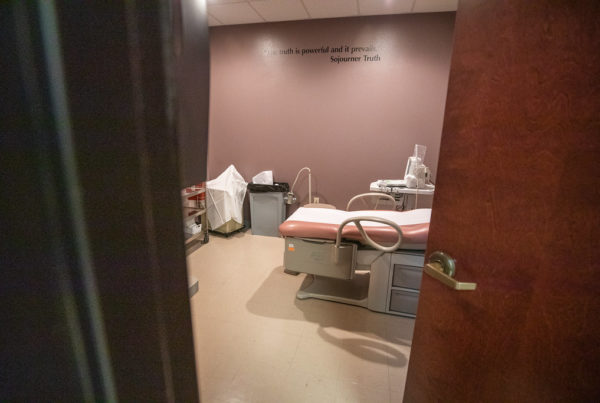Texas’ largest teacher preparation program is missing the mark in several accountability areas, according to a state audit.
The group Texas Teachers of Tomorrow enrolled nearly 70,000 potential Texas school teachers last year, making it the largest teacher preparation program in the state. But The Dallas Morning News reports a recent state audit shows found significant shortfalls in how the program admits candidates, trains potential teachers in curriculum, and how the program is governed. Emily Donaldson is a reporter for The Dallas Morning News’ Education Lab. Listen to the full interview in the audio player above.
This interview has been edited lightly for clarity.
Texas Standard: Tell us how Texas Teachers of Tomorrow operates. Is this governmental? Is it an independent organization? What exactly is it and how do they recruit?
Emily Donaldson: Texas has more than 120 teacher prep organizations, the pretty vast landscape. So it’s everything from what you would traditionally think of a college of education all the way to nonprofits and then Texans Teachers of tomorrow is one of this smaller group of for-profit teacher prep programs. They’ve been around for just a few decades, and they were started as a way to tackle the then teacher shortage.
As I understand it, they’re the largest such program in the state.
They are, yes. So as of 2021, they were responsible for 52% of all of the state’s enrolled aspiring educators. And that’s 70,000.
So that’s a lot. So the state has standards for these sorts of programs?
There are nine – curriculum, admissions, governance, those kinds of things. And the state checks in with them at least once every five years to see if they’re still in compliance with state law. And when the state checked in 2021, they found that Texas Teachers of Tomorrow was actually out of compliance in seven of the nine areas.
Specifically, what sort of shortfalls?
So there were lot, to be quite frank. The company was falsely advertising admissions requirements. They said you can become a teacher within 14 weeks, when that’s just not accurate. The state requires these companies to match teacher candidates with mentors once they get their own class. There was no system in place to do that, and then they were also not even able to prove that their curriculum was based on research.
Since you mentioned that the audits only occur like once every five years. What about what’s been going on as teachers have been going through this program than entering schools? Is it clear what sort of effects these shortfalls might have had on teacher quality retention impact on students?
I would say that when there are audits done every five years, you have to imagine that issues are slipping through the cracks. And so we don’t actually know how long these issues have been standing in the previous audit that took place in 2016, there are also other issues that were identified. So we don’t know how long teachers have been going through the program and facing these issues.
Of course, in the meantime, we have had a pandemic that has gone on more than two years and that created significant challenges for public school teachers and presumably for organizations like Texas Teachers of Tomorrow. How has the state responded to this audit and would there be penalties? What could be the fallout?
So that is a potential. Texas Teachers of Tomorrow is expected to go before the state oversight board, called SBEC, in late April and to hammer out those lasting differences where they haven’t come into compliance. It’s not totally clear what are the things that they fixed. What are the things that remain unfixed. And so we’re waiting to see until that meeting.
SBEC can issue a number of different consequences, all the way up to actually revoking the company’s right to operate in the state. Although that seems unlikely given the fact that we’re in the middle of a teacher shortage and Texas. Teachers of Tomorrow is the largest producer of teachers in the state.


